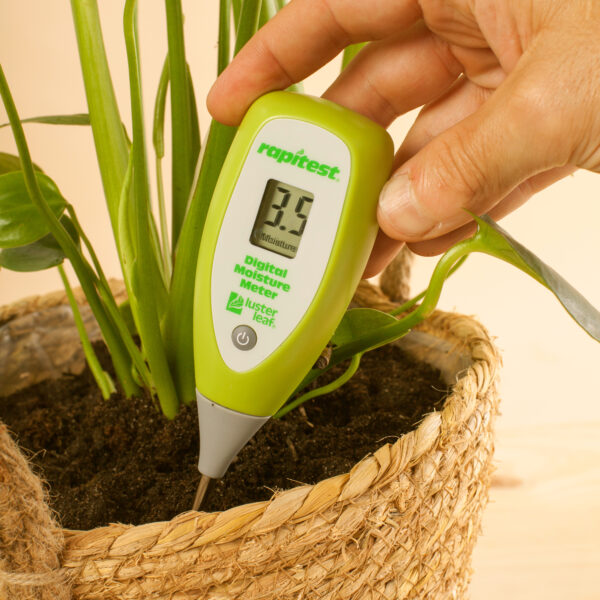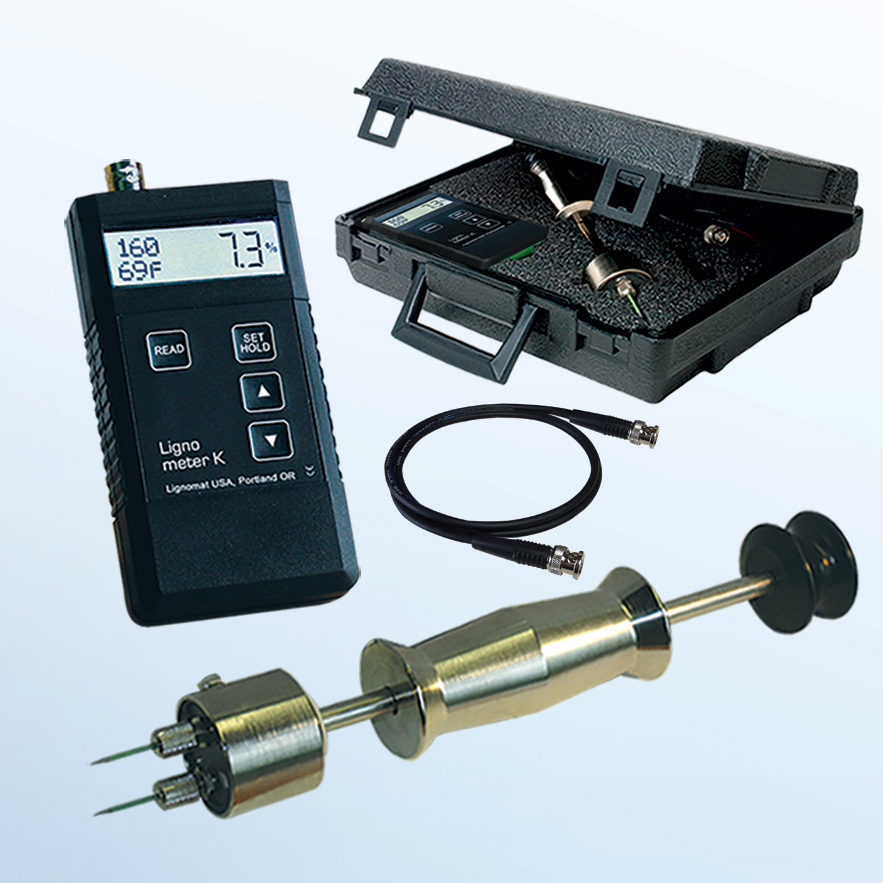Moisture Meter Reviews: Comparing the Best Designs for Expert and DIY Use
Moisture Meter Reviews: Comparing the Best Designs for Expert and DIY Use
Blog Article
The Ultimate Overview to Moisture Meters: A Comprehensive Review and How They Can Save You Cash
In the realm of building upkeep, building, and numerous sectors, the importance of properly determining moisture degrees can not be overemphasized. Dampness meters work as essential devices in identifying and checking moisture content in materials, helping in avoiding pricey damages and making certain the quality of items. Comprehending the nuances of different sorts of wetness meters, their applications, and the possible cost-saving advantages they supply can be a game-changer for experts and organizations alike. Finding how these tools can not just improve procedures but additionally add to monetary cost savings is a journey worth starting.
Kinds Of Moisture Meters
Various kinds of wetness meters are available for various applications in numerous sectors. One common type is the pin-type moisture meter, which measures the electrical resistance in between 2 pins put right into a product. This kind is appropriate for timber, drywall, and other building materials. Pinless moisture meters, on the other hand, use electro-magnetic sensor plates to scan a larger area without causing damage to the material's surface. Moisture Meter. These meters are optimal for quickly evaluating moisture levels in huge areas such as floors and walls.

In addition, there are additionally specialty wetness meters developed for specific products like hay, soil, or grain. These meters provide exact wetness readings customized to the distinct buildings of the material being tested. Infrared dampness meters measure the thermal homes of a material to establish its wetness content non-invasively, making them beneficial for applications where pin or pinless meters may not appropriate. Comprehending the different sorts of moisture meters offered can help markets choose the most ideal device for their particular dampness measurement requirements.

Benefits of Utilizing Dampness Meters
Dampness meters use invaluable advantages in accurately evaluating and keeping track of moisture levels in diverse materials and settings. One of the key advantages of utilizing moisture meters is the avoidance of possible damages triggered by excess moisture.
Furthermore, utilizing dampness meters can lead to enhanced power efficiency. In agricultural settings, moisture meters play a critical role in maximizing plant yields by allowing farmers to keep track of soil dampness levels and make notified watering choices.
How to Pick the Right Moisture Meter
Choosing the ideal moisture meter includes thinking about vital factors such as product compatibility, dimension range, and calibration accuracy. When selecting a dampness meter, it's vital to guarantee that the meter is appropriate for the details material you will be testing. Different materials have varying electric residential or commercial properties that can influence dampness analyses, so selecting a meter designed for your material is important for precise outcomes. In addition, consider the dimension series of the dampness meter. Make certain that the meter can spot wetness levels within the variety required for your click over here now applications. Calibration accuracy is another vital aspect to bear in mind. Choose a wetness meter with trusted calibration to make certain specific and regular readings. Some meters may require periodic calibration adjustments, so recognizing the calibration procedure is necessary. By meticulously evaluating these elements, you can select a wetness meter that satisfies your demands and provides accurate moisture measurements for your jobs.
Correct Techniques for Dampness Meter Usage

Cost Savings Through Moisture Meter Applications
How can the critical application of dampness meters cause considerable expense savings throughout numerous markets? Moisture meters play an essential role in cost savings by preventing potential damages and making sure quality assurance in different fields. In the farming industry, dampness meters help in identifying the optimal time for collecting plants, protecting against excess or over-drying wetness that can impact the last product's top quality. This exact monitoring assists farmers stay clear of unnecessary losses and maximize their return.
In a similar way, in construction, dampness meters help protect against costly problems by discovering dampness levels in building products, such as wood or concrete, which can cause structural problems otherwise addressed immediately. By recognizing problem locations early, professionals can take restorative steps to avoid comprehensive repair work or replacements, ultimately saving time and cash.
Furthermore, in the food processing market, wetness meters are essential for keeping track of product high quality and making certain compliance with safety policies. By precisely determining dampness web content in food, suppliers can prevent putridity, preserve freshness, and minimize waste, leading to substantial price i loved this financial savings. Overall, the tactical application of wetness meters is an important financial investment that can bring about significant price decreases and improved efficiency across various industries.
Conclusion
Finally, moisture meters are valuable devices for gauging and detecting dampness degrees in different materials. By utilizing the right dampness meter and complying with appropriate techniques, users can properly protect against expensive damages caused by excess moisture. Investing in a top quality wetness meter can result in significant price financial savings in the long run by identifying possible problems early on and allowing prompt removal. Eventually, moisture meters are crucial instruments for maintaining the honesty and long life of structures and materials.
Moisture meters serve as indispensable devices in detecting and keeping an eye on moisture content in materials, assisting in preventing pricey damages and making sure the quality of products. Infrared wetness meters gauge the thermal properties of a material to identify its moisture material non-invasively, making them valuable for applications where pin More hints or pinless meters may not be appropriate.Wetness meters supply important advantages in properly assessing and keeping an eye on wetness levels in varied products and settings. In farming setups, moisture meters play an important duty in maximizing plant yields by enabling farmers to keep track of soil wetness levels and make educated irrigation decisions.In final thought, moisture meters are beneficial devices for finding and gauging wetness levels in different materials.
Report this page